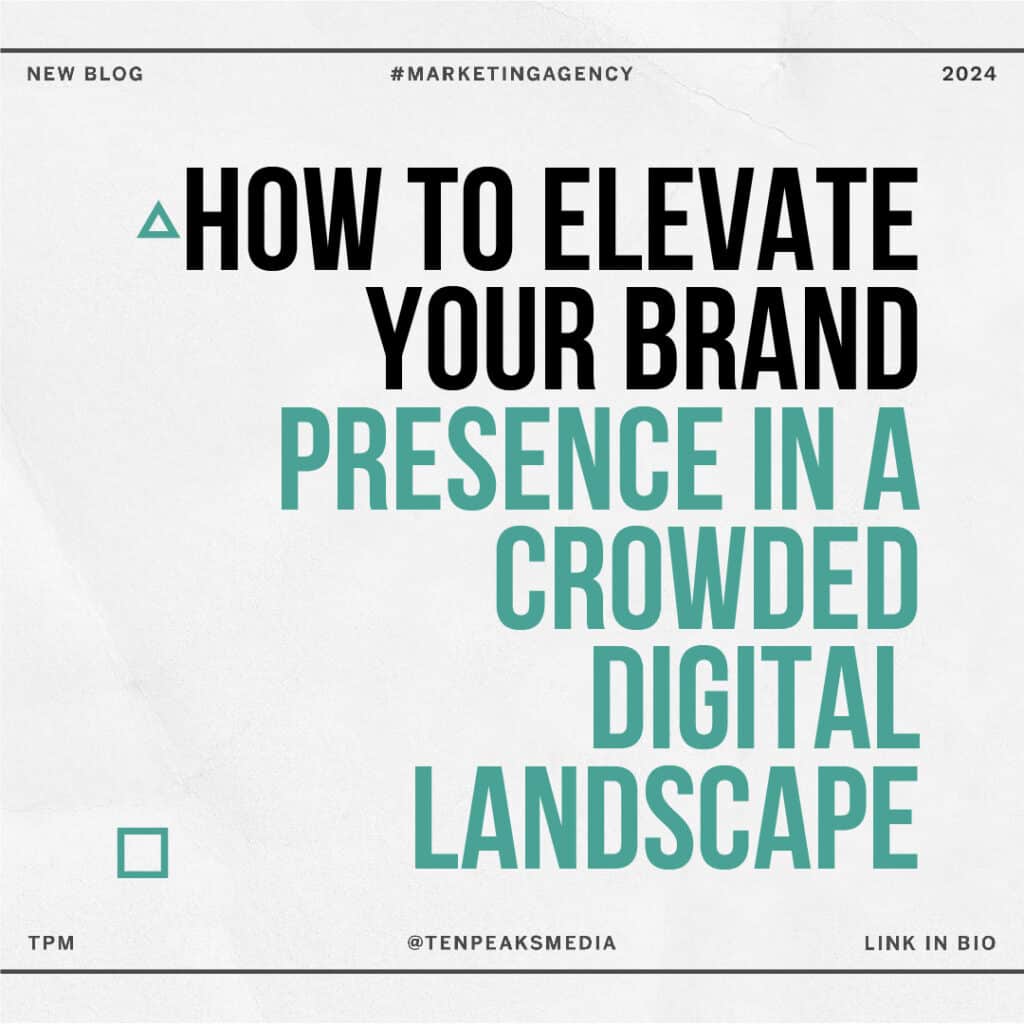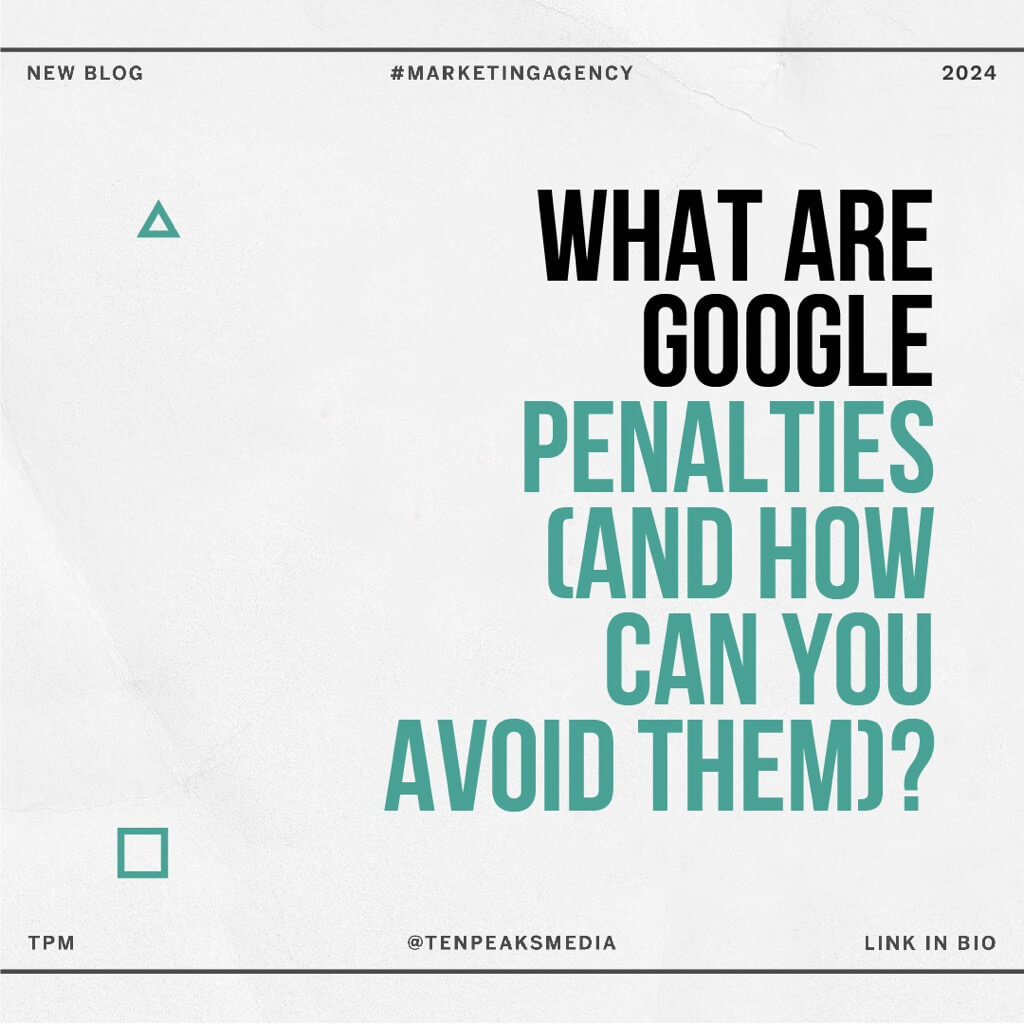While 82% of marketers are actively investing in content marketing, 57% don’t have a documented content marketing strategy. Without a content marketing strategy in place, you could struggle to accomplish your goals.
About 60% of marketers say content marketing generates demands and leads. It’s an effective way to educate customers, build brand loyalty, and help your business grow.
Not sure how to add content marketing to your overall digital marketing strategy? Here are the strategies you need for success! With these tips, you can use branded, engaging content to boost your ROI.
Read on to develop your content marketing strategy today.
Establish Goals
Establishing your goals can help give your content marketing strategy direction. Otherwise, you might use tactics that don’t align with overarching business goals.
Some goals will overlap. For example, you might want to:
- Generate brand awareness
- Attract new website visitors
- Boost customer engagement
- Convert leads into loyal customers
- Build thought leadership
- Increase your retention rate
- Improve search engine rankings
Once you begin creating content for your website, determine what goal you want to accomplish for each post.
Set Up a Foundation
Before you begin creating your content, take the time to work out the foundation of your digital marketing strategy. Otherwise, you’ll struggle to put your plan into action. You’ll need certain assets and resources in place to get started, including:
- A search engine optimized website
- Copywriting abilities
- Design abilities and tools
- Follow-up and lead nurturing strategies in place
- Analytics and event tracking on your website (via Google Analytics)
If you haven’t already, work with a digital marketing agency to improve your website design and development. If your site is slow, outdated, or not optimized for mobile devices, people will leave without reviewing your content. You’ll miss the chance to convert a website visitor into a lead as a result.
Instead, make sure your website complies with Google’s Core Web Vitals and offers a positive user experience (UX). A positive UX will encourage visitors to remain on the page longer. Then, you’ll have an easier time converting those visitors into leads.
Make sure to add multiple conversion opportunities to your site, too. For example, you can encourage people to subscribe to your email newsletter.
Add a lead magnet to your website to begin attracting new subscribers.
Having these pieces in place before you share your content can help set your entire plan up for success.
Research Your Audience
Understanding your target audience will allow you to create content with your customers in mind. Otherwise, your posts might not resonate with their needs and interests.
Take the time to gather audience research. For example, you can start by defining demo- and psychographics, including:
- Age
- Location
- Gender
- Income
- Career
- Buying behaviors
- Hobbies
- Interests
- Pain points
- Language
- Education
Split consumers into smaller buyer personas. Gather keyword research with each persona, too. Keyword research can help you determine what the consumer is looking for online.
Then, you can create content that will appear when they search those keywords.
When creating your content, make sure to consider personalization. Over 70% of consumers get annoyed when content doesn’t align with their interests. Meanwhile, 50% will pay more if brands do a good job at providing personally relevant content.
About 90% of marketers note a lift in business results due to personalization. Nearly 60% say the lift is higher than 10%. About 98% of marketers also say personalization advances customer relationships.
Forging strong connections with your customers can help you maintain loyal customers. Then, you can generate repeat sales to improve your ROI.
Create a Calendar
A content calendar can help you remain organized. You can also ensure each post aligns with one of your goals. Otherwise, you might struggle during the content production phase.
Your content calendar can include:
- Content topics
- Target keywords
- Related audiences
- Content formats
- Date/time to post
- Employees involved
- Content funnel stage
Before creating content, make a list of the different types of content you want to create. For example, you might include blog posts, polls, quizzes, and video content. You can also design infographics, slideshows, and eBooks.
Experimenting with different types of content will help you appeal to different audiences. It can also help you appeal to consumers at different stages of the buyer’s journey.
Optimize Each Post
Search engine optimization (SEO) can help you rank higher on Google, allowing more people to find your content online. Before writing each post, choose a target keyword from your research list. Choose secondary keywords to include within the post, too.
Include the primary keyword in the:
- Page title
- URL
- Opening and closing paragraphs
- An H1 header
- Body text
- SEO title and meta description
- Image file name and alt text
Sprinkle secondary keywords throughout the post to avoid keyword stuffing, which could get the post penalized.
Consider hiring an SEO company this year. Their SEO services can help you optimize your posts. Look for an agency that offers services like guest blogging and backlink building, too.
Backlinks are links that appear on other websites before directing readers to your content. Generating backlinks can boost your search engine rankings.
About 68% of all activity online starts with a search engine. However, most people never check the second page of results. SEO can help ensure you reach your ideal customers as they’re searching for your products and services.
Meanwhile, ranking at the top of a page can help you appear more credible. You can rank ahead of competitors to ensure consumers find your brand first, too.
Repurpose Content
Make a plan to repurpose the content you create.
For example, you can turn a blog post into an infographic to share on social media. You can combine multiple blog posts to create an eBook. You can also review your content in a video to engage more people online.
Repurposing content will allow you to turn one post into multiple posts. You can determine which format your readers prefer, too.
If you’re struggling to create and repurpose content, consider working with a digital marketing agency this year.
Create Evergreen Posts
Evergreen content is content you can share regardless of the time of year. Create a repository of posts you can pull from in case you’re unable to create fresh content. That way, you won’t have to worry about blank spots on your content calendar.
Take the time to audit your existing content as well. Update any broken or outdated links.
For example, maybe you referenced a now-outdated study or statistic. Perhaps a website restructured their URLs.
Broken links can hurt the user experience. If people leave your site without exploring, your bounce rate might increase. A high bounce rate might hurt your SEO rankings.
Meanwhile, referencing outdated resources could hurt your credibility.
Engage Your Audience
Determine where you’ll share each post while creating your content calendar. Once you share the post, look for ways to engage your audience. For example, you can write an open-ended question to encourage comments.
As people begin responding to your comment, make sure to comment back! Engaging your audience can help make your brand more memorable.
It’s also an opportunity to show consumers you’re there to help. Answer any questions they have in a timely manner. Strong customer service can help consumers trust your brand.
Consider sharing user-generated content (UGC) as well. Ask your followers on social media to share posts using your products along with a branded hashtag. Using a branded hashtag will help you find their posts.
Then, share the image they provided.
UGC will show on-the-fence shoppers that people like them already love and trust your brand. Consumers might feel more inclined to trust you in turn. Then, they might decide to give your brand a try, allowing you to attract new customers.
With each blog post you create for your website, make sure to include a call-to-action (CTA). For example, you can encourage readers to subscribe to your newsletter or shop from your store. Strong, compelling CTA language can drive more leads and sales.
Track Trends
Tracking the latest trends will keep your content fresh. Otherwise, it might look like you’re falling behind the times.
A few content marketing trends for 2022 include:
- Creating personalized, humanized content
- Embracing empathy and storytelling
- Creating short-form video content
- A hybrid of personal and live events
- Audio content
- Augmented reality
Your marketing agency can make sure you don’t fall behind the latest marketing trends.
Analyze and Adjust
Once you begin sharing your content, review the results of your efforts. Determine which posts generate the most traffic and engagement. Consider where you’re attracting traffic from, too.
Reviewing the data can help you make informed changes to your content marketing strategy in the future. Then, you can generate even better results to help your business grow.
Creative Success: Develop Your Content Marketing Strategy Today
A strong content marketing strategy can help you attract, educate, and entertain consumers online. Start developing your strategy using these easy tips. Remember, you don’t have to develop your digital marketing strategy alone, though.
Instead, consider working with an experienced digital marketing agency this year. With their services, you can save time and energy while helping your business grow.
Eager to get started? You’ve come to the right place.
Contact us today to learn more.



